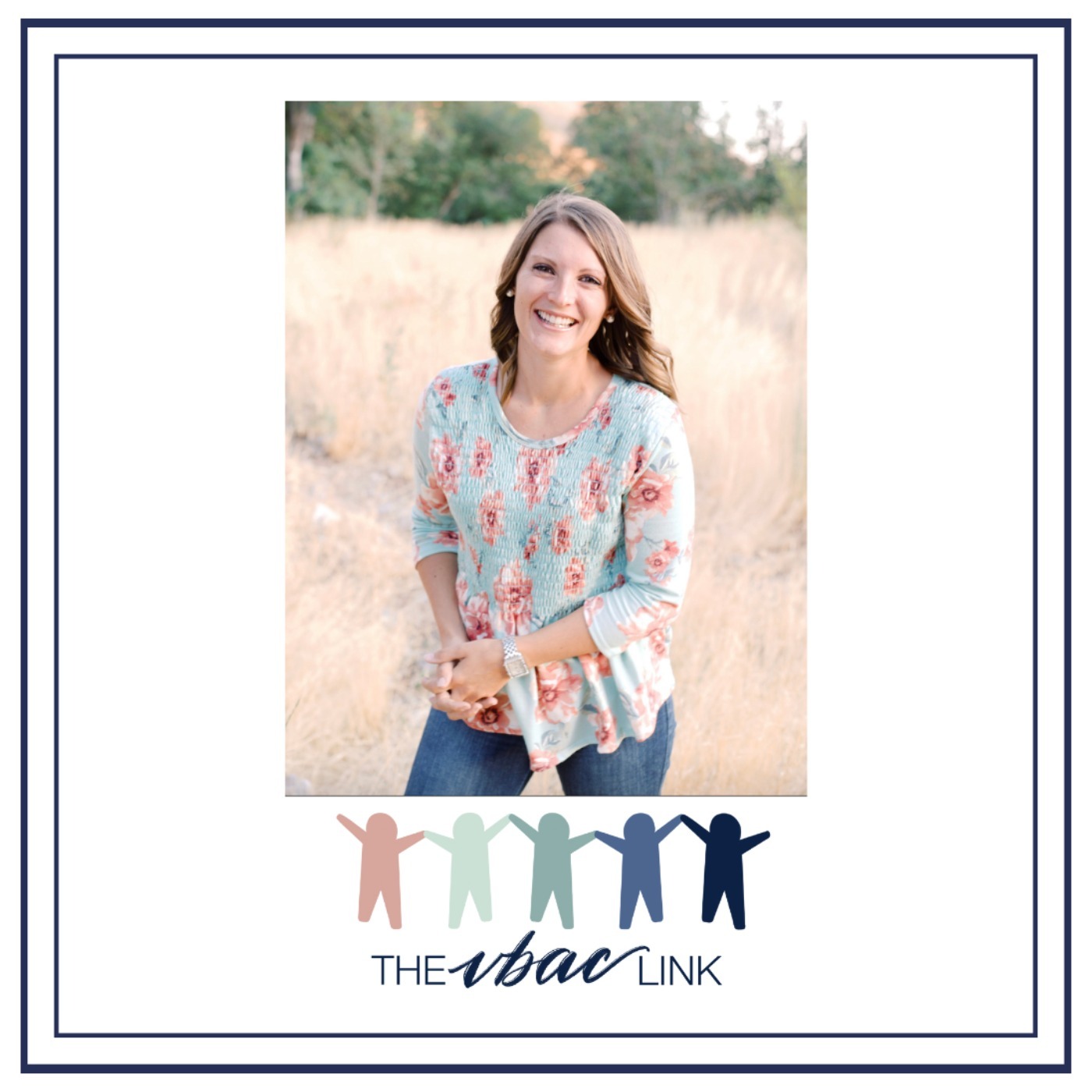Episode 321 Jacqueline's VBAC with FSHD Muscular Dystrophy
Description
Jacqueline’s symptoms of FSHD muscular dystrophy began at 16 years old. She shares with us today how she manages chronic pain and what that looked like throughout her pregnancy and birth journeys. Jacqueline is also a sexual violence trauma survivor and went through three pregnancy losses. Through her nonprofit organization and as a birth doula, she is a strong advocate for trauma-informed care for all women.
Jacqueline shares inspiration and advice throughout the episode for women who also have a history of trauma as well as those who are trying to navigate birth with a neuromuscular condition. Her proactive approach to caring for her body and heart allowed Jacqueline to have a beautiful, empowering, and healing VBAC, especially after enduring so much.
Anesthetic Management for Dystrophy Article
Needed Website
How to VBAC: The Ultimate Prep Course for Parents
Full Transcript under Episode Details
Meagan: Hello, Women of Strength. Today’s episode is a VBAC episode, but it has an extra topic that is a first for the entire podcast life. In 320-something episodes, we have never talked about this specific topic. The other day on social media, I had a couple of spots so I reached out and I am so grateful for Jacqueline. Are you in Canada?
Jacqueline: Yes.
Meagan: Yes. She’s from Canada and she reached out and was like, “Hey, this is something about my story.” And I was like, “Yes, let’s do that because this would be amazing.” One of the things that we are going to be talking about today is FSHD muscular dystrophy.
Jacqueline: Dystrophy. Dystrophy.
Meagan: Okay, yes. We are going to be talking about that a little bit more and the challenges that you have had to go through with all of this. If you wouldn’t mind before we get to the review, will you tell us a little bit more about FSHD and one, what is it? Two, what are the things that we are told because you have it and how you had to birth if you were told?
Jacqueline: Yeah, absolutely. FSHD is a form of muscular dystrophy. It’s quite rare and it essentially affects the muscles in my shoulders and in my facial muscles as well. For everyone with FSHD, your symptoms present quite differently. Of all of the types of muscular dystrophy, it is one of the more common forms, but in the big scheme of conditions that you can live with, it definitely is still considered to be rare.
I was diagnosed in 2018 officially though I had symptoms starting from the age of 16 and I gave birth to my first child when I was 21 years old. I didn’t have too many symptoms at that time. Going into my twenties, I started to have more atrophy in my shoulders, my lower back, and sometimes in my feet.
My second and third processes were a little bit different, but overall, in terms of pregnancy and birth, my specialist always shared that you’re able to carry a baby and you’re able to give birth. The atrophy that we experience doesn’t necessarily affect that process thankfully, but I’ve always been someone who is very proactive in terms of minimizing my pain and trying to do different types of therapies to minimize the chronic pain that I live with so I’m very focused on that during pregnancy especially.
In my most recent birth which happened 5 weeks ago now, I really focused on making sure that my body was very strong and at its optimal comfort level that I possibly could be while pregnant in order to achieve a successful VBAC.
Meagan: Oh my gosh, thank you for sharing and we’re definitely going to go in through your journies and I’m sure it’s going to come up. We’re going to learn more about how you did that, how you made sure your body was at its most comfortable spot that it could be while growing a baby and how it’s impacted your life. Thank you for sharing.
I do want to share a Review of the Week before we get too far into today’s episodes. This is by Rachel Thornton and it says, “Thanks for giving me the confidence to have
More Episodes
Anni is a mom of two young girls living in Okinawa, Japan where her husband is stationed with the Marine Corps. In addition to her work as a non-profit grant writer, she volunteers with the Military Birth Resource Network and Postpartum Coalition and hosts their podcast, Military Birth Talk.
A...
Published 11/13/24
Published 11/13/24
Nicole is a military spouse who had her VBAC in England. She shares what it was like to unexpectedly move overseas during pregnancy, how she navigated not receiving her household goods in time, and how she made the choice to deliver on base versus off.
Nicole’s first birth was a Cesarean during...
Published 11/11/24


